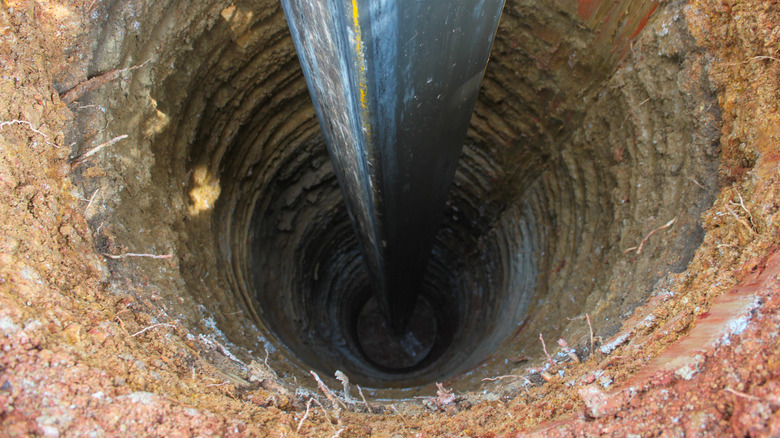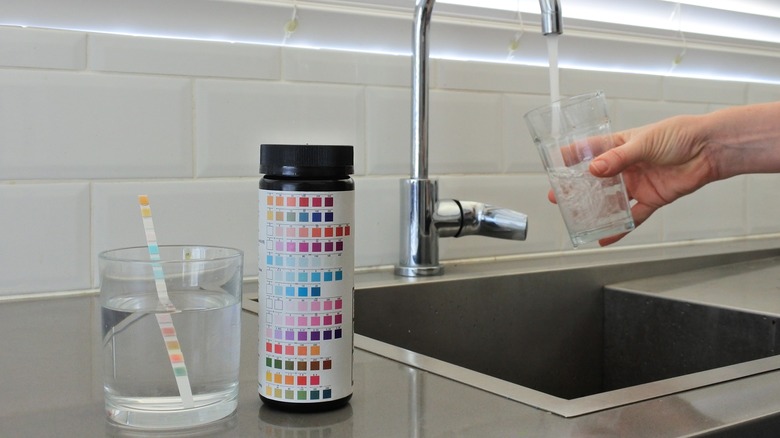Is It Safe To Drink Well Water?
According to the United States Geological Survey (USGS) of the United States Department of the Interior, well water is consumed by roughly 15% of the U.S. population as their primary drinking water source. Because well water is not regulated under government law, over 43 million well water users in the United States are left to monitor the safety and quality of their drinking water on their own.
As per the USGS National Water Quality Program, private well water usage is often seen amongst individuals in rural areas of the country. In a study of the water quality of over 2,000 private wells across 48 states between 1991-2004, the USGS found the presence of certain contaminants that exceeded the "human-health benchmark" for safe drinking water in roughly 1 in 5 wells tested. Metals, nitrate, pesticides, and bacteria were among the contaminants detected, and although not every one of them had dangerously high levels, many wells contained a mixture of more than 1 contaminant, thereby increasing the risk of toxicity.
If well water is susceptible to such contamination, is it safe to continue drinking it?
The importance of routine water testing
Well water that has become contaminated can pose potential health risks. According to the United States Environmental Protection Agency, bacteria and other microorganisms in the water may cause gastrointestinal infections or illness. Additionally, drinking water with high levels of nitrate can be toxic to infants if it seeps into well water from chemical fertilizers or other sources. Other possible contaminants such as lead, copper, and other heavy metals, can lead to liver or kidney damage, anemia, or cancer when consumed in excess.
However, not all well water should be considered inherently dangerous. By taking proper at-home testing and treatment measures, individuals and families can confidently continue using well water for drinking and other activities, according to Culligan Water. Culligan Water suggests routine well water testing at least once a year. Professionals can conduct testing on your home's tap water and provide further recommendations if they feel additional laboratory testing may be required.
In addition, the U.S. Centers for Disease Control and Prevention recommends more frequent water testing in the event of natural disasters or changes to the well system or its equipment, as well as if your home is located near an operating waste disposal facility (via Culligan Water). Should you detect an odd smell or taste to your water, be sure to consult a professional who can help you explore filtration options.


